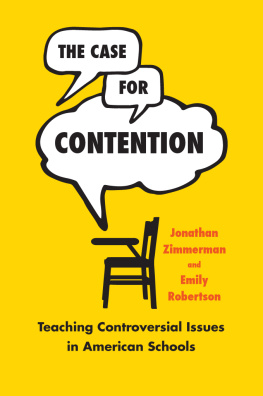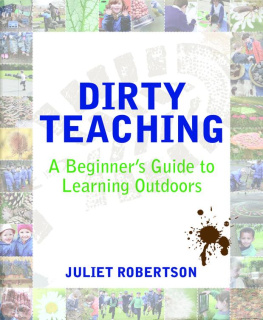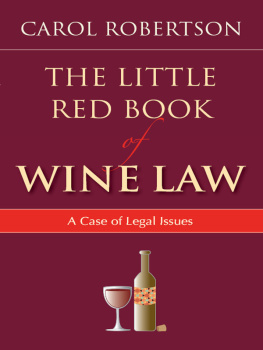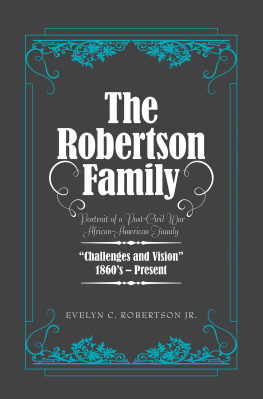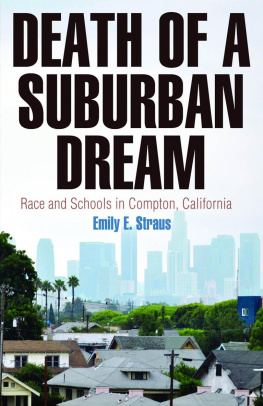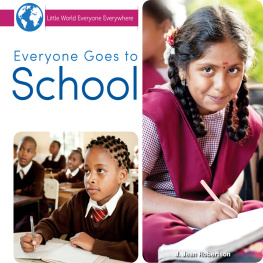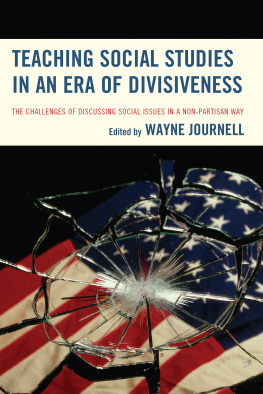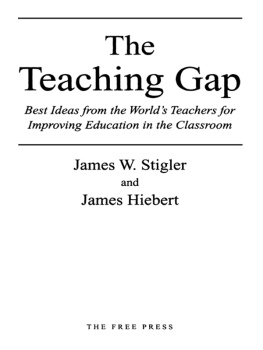Emily Robertson - The case for contention : teaching controversial issues in American schools
Here you can read online Emily Robertson - The case for contention : teaching controversial issues in American schools full text of the book (entire story) in english for free. Download pdf and epub, get meaning, cover and reviews about this ebook. year: 2017, publisher: University of Chicago Press, genre: Politics. Description of the work, (preface) as well as reviews are available. Best literature library LitArk.com created for fans of good reading and offers a wide selection of genres:
Romance novel
Science fiction
Adventure
Detective
Science
History
Home and family
Prose
Art
Politics
Computer
Non-fiction
Religion
Business
Children
Humor
Choose a favorite category and find really read worthwhile books. Enjoy immersion in the world of imagination, feel the emotions of the characters or learn something new for yourself, make an fascinating discovery.
- Book:The case for contention : teaching controversial issues in American schools
- Author:
- Publisher:University of Chicago Press
- Genre:
- Year:2017
- Rating:5 / 5
- Favourites:Add to favourites
- Your mark:
- 100
- 1
- 2
- 3
- 4
- 5
The case for contention : teaching controversial issues in American schools: summary, description and annotation
We offer to read an annotation, description, summary or preface (depends on what the author of the book "The case for contention : teaching controversial issues in American schools" wrote himself). If you haven't found the necessary information about the book — write in the comments, we will try to find it.
Emily Robertson: author's other books
Who wrote The case for contention : teaching controversial issues in American schools? Find out the surname, the name of the author of the book and a list of all author's works by series.
The case for contention : teaching controversial issues in American schools — read online for free the complete book (whole text) full work
Below is the text of the book, divided by pages. System saving the place of the last page read, allows you to conveniently read the book "The case for contention : teaching controversial issues in American schools" online for free, without having to search again every time where you left off. Put a bookmark, and you can go to the page where you finished reading at any time.
Font size:
Interval:
Bookmark:
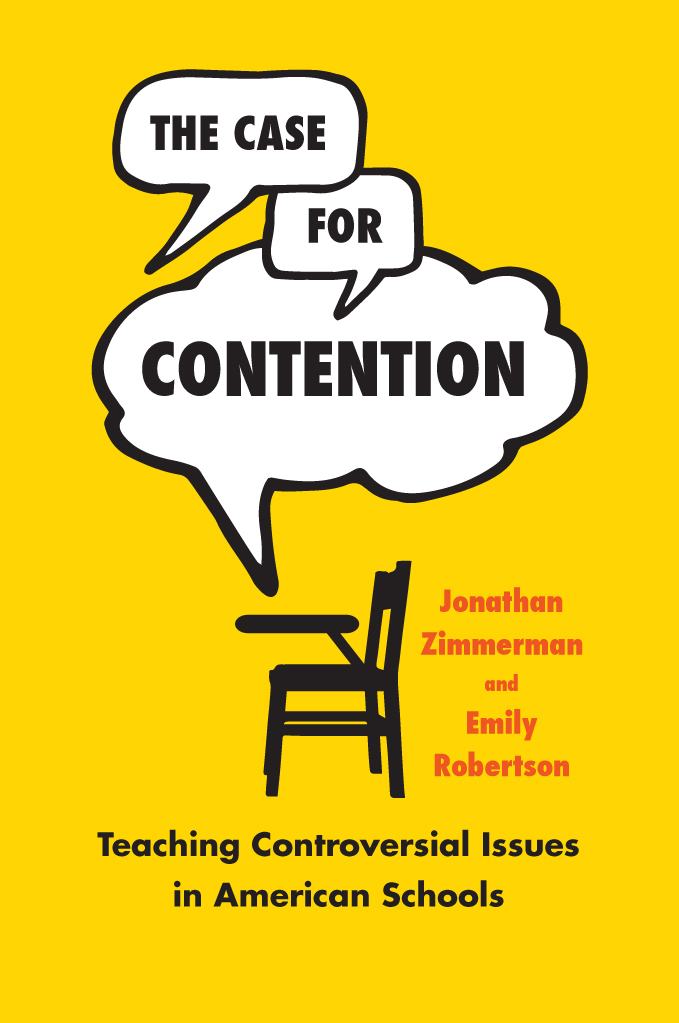
THE HISTORY AND PHILOSOPHY OF EDUCATION SERIES
EDITED BY RANDALL CURREN AND JONATHAN ZIMMERMAN
HAVE A LITTLE FAITH: RELIGION, DEMOCRACY, AND THE AMERICAN PUBLIC SCHOOL by Benjamin Justice and Colin Macleod
TEACHING EVOLUTION IN A CREATION NATION by Adam Laats and Harvey Siegel
Jonathan Zimmerman and Emily Robertson
The University of Chicago Press
Chicago and London
The History and Philosophy of Education Series is published in cooperation with the Association for Philosophy of Education and the History of Education Society.
The University of Chicago Press, Chicago 60637
The University of Chicago Press, Ltd., London
2017 by The University of Chicago
All rights reserved. No part of this book may be used or reproduced in any manner whatsoever without written permission, except in the case of brief quotations in critical articles and reviews. For more information, contact the University of Chicago Press, 1427 E. 60th St., Chicago, IL 60637.
Published 2017.
Printed in the United States of America
26 25 24 23 22 21 20 19 18 17 1 2 3 4 5
ISBN-13: 978-0-226-45620-1 (cloth)
ISBN-13: 978-0-226-45634-8 (paper)
ISBN-13: 978-0-226-45648-5 (e-book)
DOI: 10.7208/chicago/9780226456485.001.0001
Library of Congress Cataloging-in-Publication Data
Names: Zimmerman, Jonathan, 1961 author. | Robertson, Emily (Philosopher of education), author.
Title: The case for contention : teaching controversial issues in American schools / Jonathan Zimmerman and Emily Robertson.
Other titles: History and philosophy of education.
Description: Chicago ; London : The University of Chicago Press, 2017. | Series: The history and philosophy of education series | Includes bibliographical references and index.
Identifiers: LCCN 2016036890 | ISBN 9780226456201 (cloth : alk. paper) | ISBN 9780226456348 (pbk. : alk. paper) | ISBN 9780226456485 (e-book)
Subjects: LCSH: Teaching, Freedom ofUnited States. | TeachingPolitical aspectsUnited States. | EducationUnited StatesPhilosophy. | Democracy and educationUnited States.
Classification: LCC LC72.2 .Z56 2017 | DDC 371.1/04dc23 LC record available at https://lccn.loc.gov/2016036890
 This paper meets the requirements of ANSI/NISO Z39.48-1992 (Permanence of Paper).
This paper meets the requirements of ANSI/NISO Z39.48-1992 (Permanence of Paper).
In 1947, the California State Senate considered a measure that would have barred the teaching of controversial issues in public schools. No publication of a sectarian, partisan or denominational character... shall be used or distributed in any school library, the measure declared, nor shall any sectarian or denominational doctrine or politically controversial subject be taught in any school. The proposal generated an amusing satire by San Francisco Chronicle columnist Royce Brier, who imagined a future class called Skipping Around American History. Its teacher began by asking the class about George Washington; in reply, young Johnny noted that Washington was the richest man in America, or almost. That earned a rebuke from the teacher, who warned Johnnyand his friend Maryto steer away from potentially divisive subjects:
TEACHER: Johnny. We dont use the word rich here. We certainly dont discuss the social status of heroes like George Washington, for that would be controversial.
MARY: He won the Revolution.
TEACHER: Thats right.... But be careful of that word. Lets call it the War of Independence. Independence is something everybody wants, and not controversial.
JOHNNY: I think slavery was race prejudice, dont you?
TEACHER: Around here, its a ticklish subject, and I would advise you not to think about it.
MARY: Woodrow Wilson sure stopped the Bolsheviks.
JOHNNY: If he did, whats Harry Truman doing still trying to stop them?
TEACHER: Children, this is a wholly improper discussion of modern history. If you continue thinking along these controversial lines you will never grow up to be intelligent American citizens.
The joke, of course, was on proponents of the measure, which threatened to inhibit the true skills of intelligent citizenship: debate, deliberation, and discussion. It also came on the cusp of the Cold War, which placed severe restrictions on expression and dissent across the American polity. Today, our societyand our schoolswould appear much more open to debate about controversial questions. Cable-news channels and Internet chat rooms blare with discussions of every conceivable public issue, from same-sex marriage and human-made climate change to gun control and police brutality. Meanwhile, many school districts and state education agencies have official policies that seek to promotenot to preventclassroom instruction about controversial issues. Indeed, controversy has become a central hallmark of modern America. We live in a roiling, rough-and-tumble political culture marked by endless debate and discussion. And we ostensibly prepare future citizens for that dialogue in our schools, where there is a strong consensus in support of teaching about the questions that divide us.
But a closer look clouds this sunny picture. Too many of the debates on our airwaves devolve into screaming matches in which combatants exchange insults rather than ideas. In our school classrooms, meanwhile, controversial issues arise far less frequently than our official policies and prescriptions would suggest. Part of the problem lies in the lowly status of American teachers, who often lack the professional trainingand, in some cases, the legal protectionto engage in discussions of hotly contested public questions. Nor do they have much time for these discussions in their daily routines, which are increasingly dominated by test preparation and the other demands of federal and state accountability laws. Despite our overall consensus on teaching controversial issues, moreover, we have little agreement on which issues are legitimate topics for school classrooms. Should we debate recent religious freedom initiatives that would give citizens the right to discriminate against gay coupleseven though some students might have gay parents, or might be gay themselves? Should we ask whether human activity alters the earths climate, when nearly every known expert on the subject confirms that it does?
This book frames a case for teaching controversial issues in schools, and for excluding those issues that are not truly controversial. To merit discussion in the classroom, we argue, an issue must be the subject of conflict among knowledgeable persons, and it must matter, deeply, to members of the general public. As public opinion changes, so do appropriate topics for instruction. In 1947, when California considered barring controversial issues from its schools, the question of state-sponsored racial segregation was hugely controversial; today, it is not. No reasonable teacher would engage students in a discussion about the moral legitimacy of segregation, and no decent community would countenance it. But we do have a widespread debate over same-sex marriage, especially the question of whether laws that recognize gay marriage might inhibit the religious liberty of objectors. Recently, states have passed or considered measures to allow florists and other businesses to deny services to gay couples on religious grounds. Public perceptions of same-sex marriage are changing rapidly, and we might soon reach the point that Americans view discrimination against gay couples as the moral equivalent of discriminating against racial minorities. But we have not reached that point yet, as recent legislative debates confirm. So religious objection to gay marriage needs to be discussed in our schools, which are charged with preparing intelligent American citizensas Royce Brier called themwho can arrive at their own reasoned opinions about contested public questions.
Font size:
Interval:
Bookmark:
Similar books «The case for contention : teaching controversial issues in American schools»
Look at similar books to The case for contention : teaching controversial issues in American schools. We have selected literature similar in name and meaning in the hope of providing readers with more options to find new, interesting, not yet read works.
Discussion, reviews of the book The case for contention : teaching controversial issues in American schools and just readers' own opinions. Leave your comments, write what you think about the work, its meaning or the main characters. Specify what exactly you liked and what you didn't like, and why you think so.

